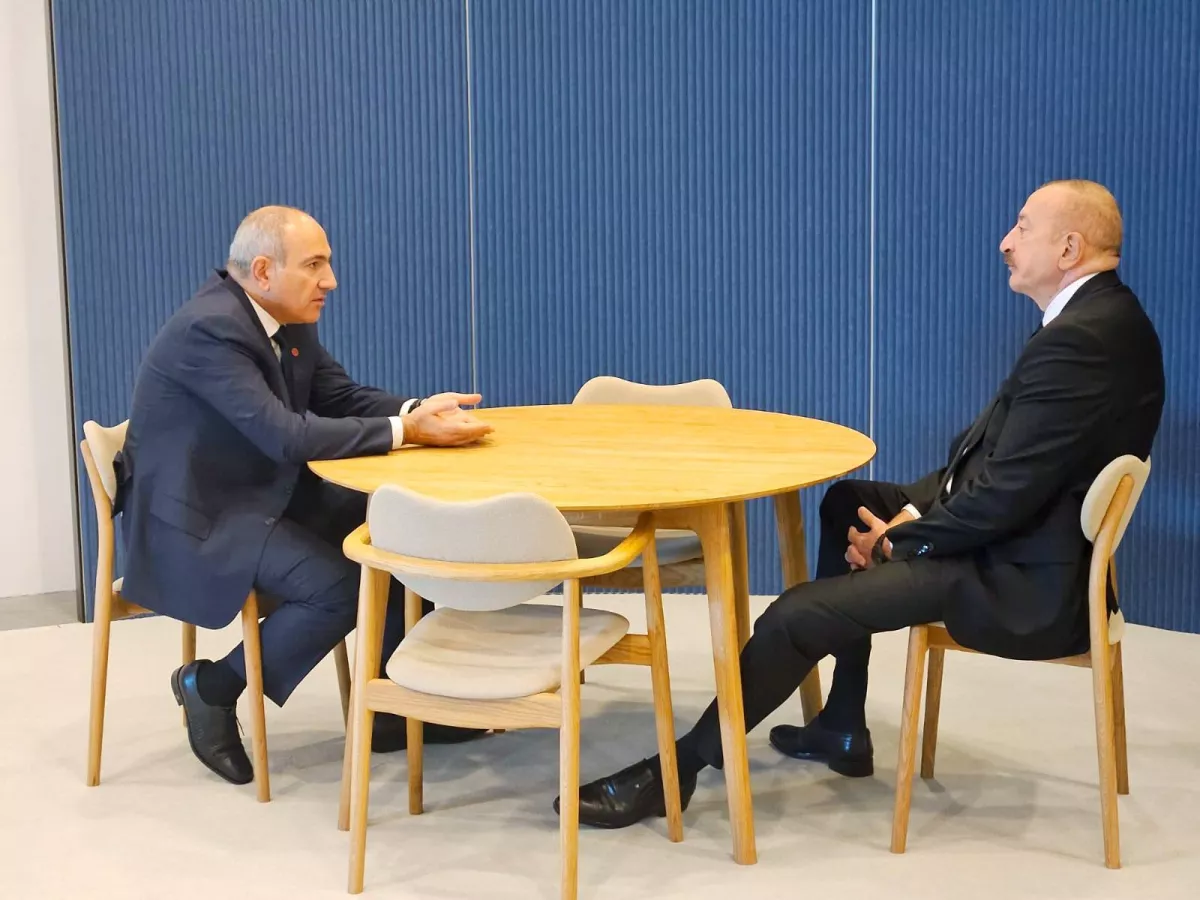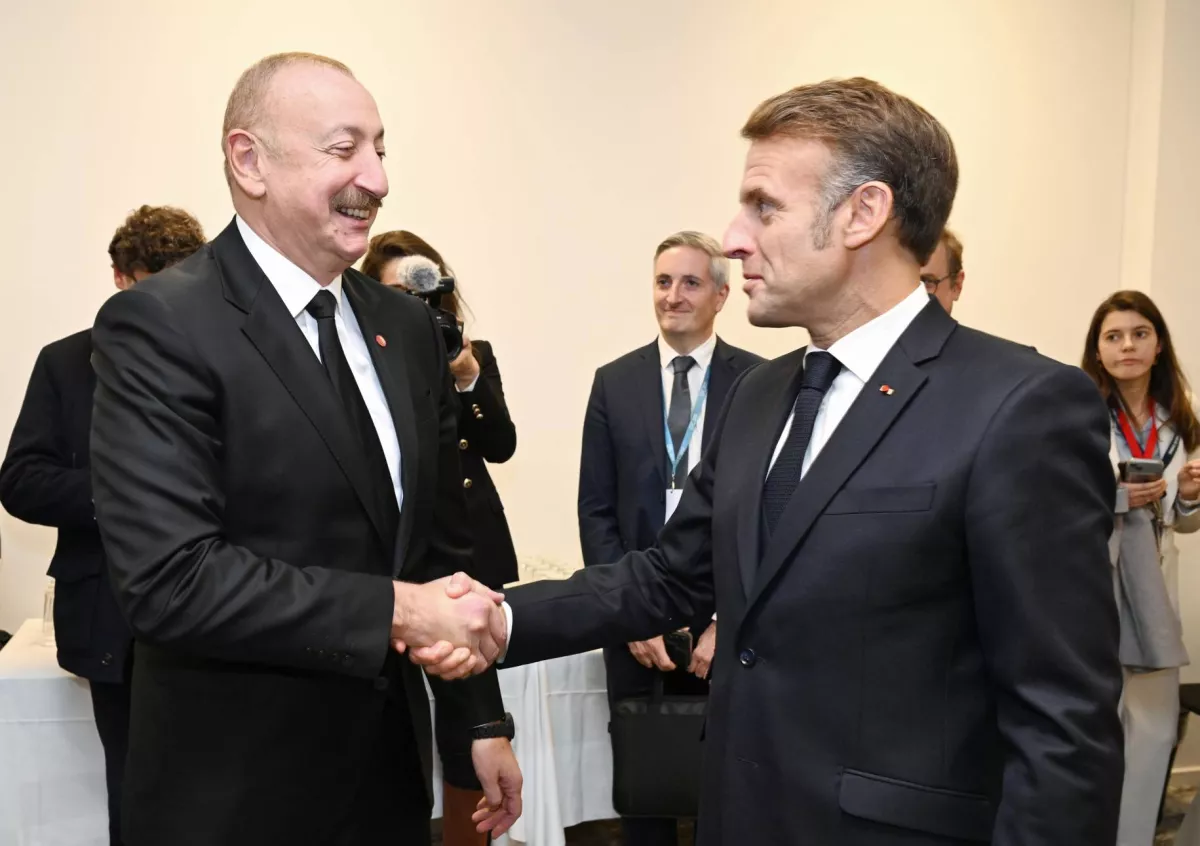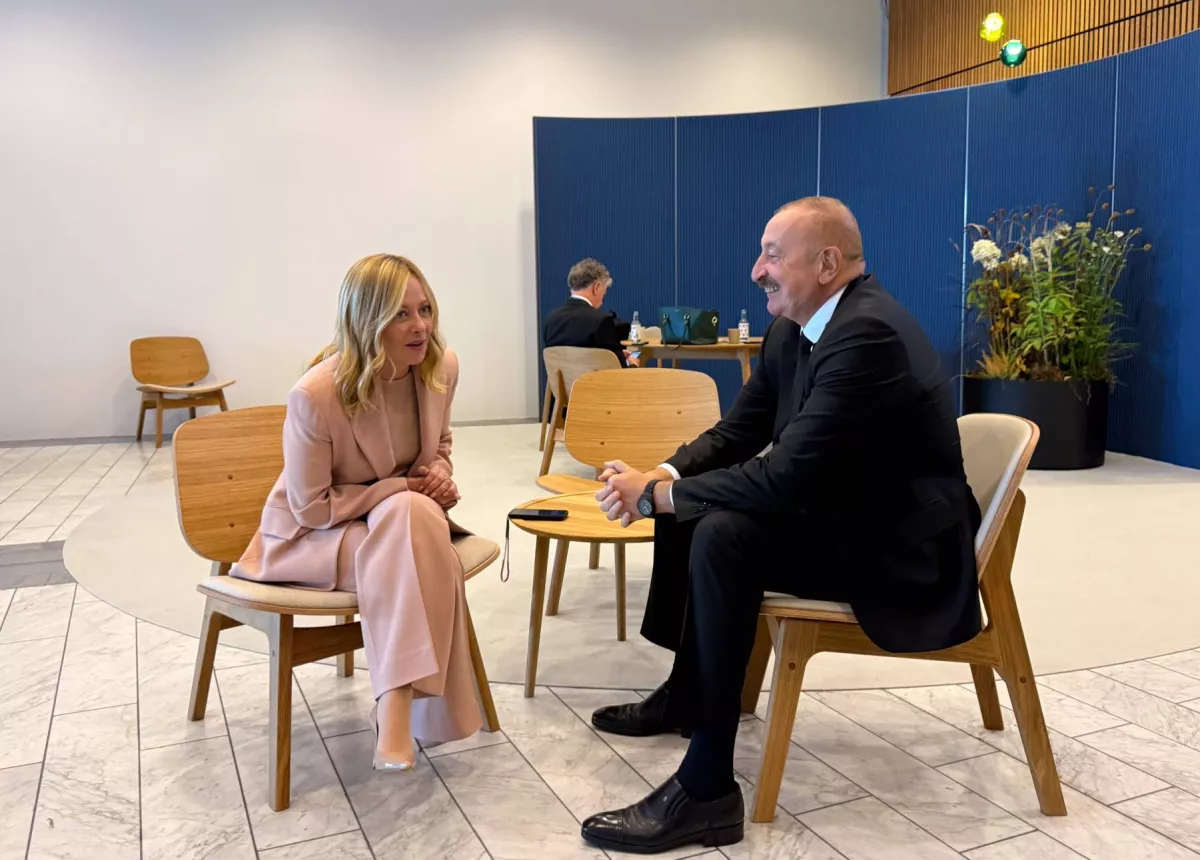Azerbaijan and Europe: dialogue on equal terms Caliber.Az on the outcomes of the Copenhagen Summit
Established in 2022 to facilitate political dialogue and find solutions to pan-European issues, the European Political Community (EPC) format has secured a place on Azerbaijan’s diplomatic agenda, becoming one of the platforms to strengthen the country’s position in Europe and advance a peaceful agenda. This is especially relevant today as the South Caucasus region enters a new historical stage.
Azerbaijan’s participation in EPC summits is largely driven by the personal authority of President Ilham Aliyev in global politics. It is therefore not surprising that numerous meetings between the Azerbaijani leader and heads of state or high-ranking officials from several countries take place on the sidelines of EPC summits. The 7th EPC Summit, held on October 2 in Denmark, was no exception.
During the summit, at the initiative of the other side, President Aliyev met with Moldovan President Maia Sandu, President of the European Council António Costa, President of the European Commission Ursula von der Leyen, Italian Prime Minister Giorgia Meloni, French President Emmanuel Macron, Ukrainian President Volodymyr Zelenskyy, and Dutch Prime Minister Dick Schoof.
A meeting also took place in Copenhagen between Ilham Aliyev and Nikol Pashinyan, during which the leaders of Azerbaijan and Armenia discussed the further advancement of the Armenian-Azerbaijani agenda. In this context, the fact that both sides reaffirmed their readiness to work on strengthening peace and trust based on the agreements reached at the Washington Summit takes on particular significance.
The meeting was also notable for the emphasis placed on the importance of regional transport connectivity, discussions on the development of infrastructure within Azerbaijan, the implementation of the TRIPP project in Armenia, and the welcoming of the unanimously adopted decision to close the OSCE Minsk Process and related structures. This represents yet another diplomatic victory for Azerbaijan in overcoming obstacles on the path to establishing peace in the region.

On the other hand, Armenia’s readiness to follow the Washington agreements is also the result of Azerbaijan’s carefully calibrated state policy. As such, it can be confidently stated that the agreements reached on the American track represent an unprecedented success for Baku’s peace agenda, which has gained recognition and support from the international community. This, in turn, underscores Azerbaijan’s status as the leading state in the South Caucasus, viewed in the global political framework as a strong actor whose position must be taken into account.
In this context, the meeting between Ilham Aliyev and Emmanuel Macron deserves particular attention. During the meeting, the President of the Fifth Republic congratulated Azerbaijan’s leader on the results achieved in normalising relations with Armenia and advancing the peace agenda.
President Aliyev, in turn, emphasised the historic significance of the Washington agreements, making it clear to his French counterpart that the Armenian-Azerbaijani settlement is now a completed fact—one that must be acknowledged even by countries not interested in a stable South Caucasus.

This message from Azerbaijan’s leader was directed specifically at Macron’s France, which, even during the Armenian occupation of Azerbaijani territories, took an openly biased stance against the country. Paris continued this policy of double standards even after Azerbaijan restored its territorial integrity and sovereignty following the 44-day war in 2020 and the one-day counterterrorist operation in September 2023.
On the other hand, Macron’s congratulations on the normalisation of relations between Azerbaijan and Armenia can, with cautious optimism, be interpreted as a sign that official Paris appears to be beginning to realise that, in the context of normalisation between Baku and Yerevan, a shift away from anti-Azerbaijani rhetoric is not only inevitable but also in France’s own interest.
In other words, official Baku is not limited to building trade and economic ties with European states; through its carefully calibrated foreign policy, it also brings countries that have historically held unfriendly attitudes toward Azerbaijan into constructive political dialogue. France is a vivid example of this approach.
During his meetings in the Danish capital, President Aliyev also underscored Azerbaijan’s strong standing within the European economic space. This is reflected in the successful operations of Dutch companies across key sectors, including shipping, port construction, energy, agriculture, and urban development. The point was particularly highlighted during his meeting with Dutch Prime Minister Dick Schoof.

Continuing on this topic, the significance of the meeting between Azerbaijan’s leader and Giorgia Meloni should not be overlooked. During the meeting, both sides consolidated the framework of a comprehensive strategic partnership and emphasised the importance of the Italian President’s recent official visit to Baku, as well as the opening of the first academic buildings of the Italian-Azerbaijani University.
Taken together, all of the above demonstrate that Azerbaijan, pursuing a multi-vector foreign policy, consistently remains committed to its national interests and to establishing peace in the region. The country’s main achievement is that even its detractors in Europe are now compelled to recognise and take into account Azerbaijan’s just position.








